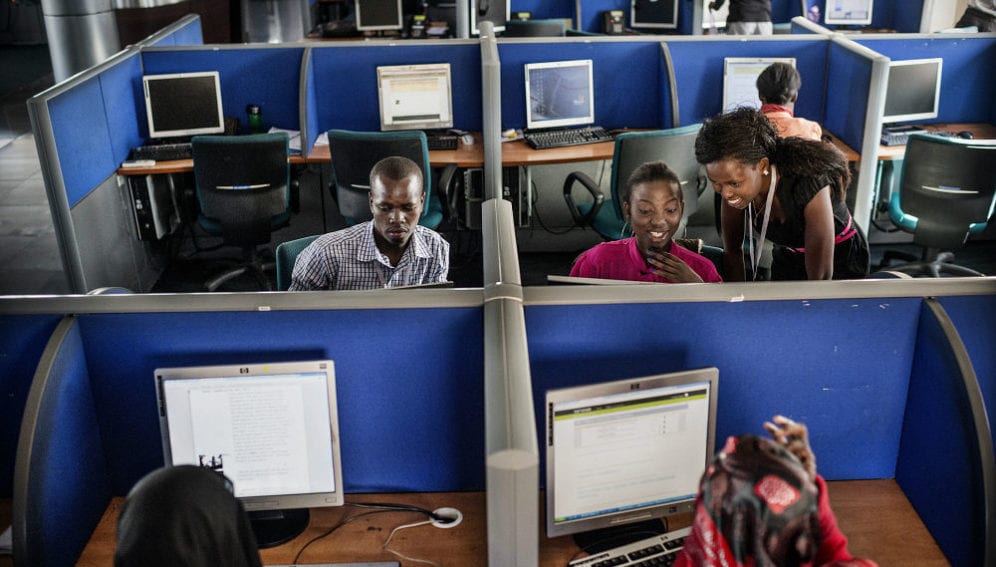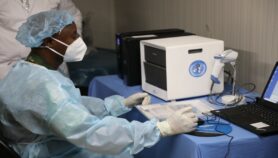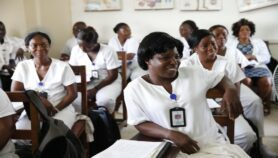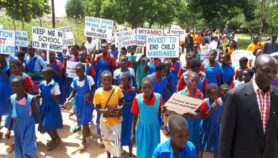By: Laura Owings
Send to a friend
The details you provide on this page will not be used to send unsolicited email, and will not be sold to a 3rd party. See privacy policy.
[CAPE TOWN] An international conference to showcase machine learning and its potential to help solve development challenges in Africa has been held in South Africa.
Known as Deep Learning Indaba, the conference which was held this month (10-15 September) at the University of the Witwatersrand involved researchers, entrepreneurs and policymakers from across the globe, including 22 African countries such as Botswana, Kenya, Madagascar and Tanzania.
The event centred on knowledge sharing, creating opportunities for collaboration and strengthening diversity in the industry.
“We wanted to bring a diverse group together to demonstrate career paths, ways to strengthen machine learning in Africa and its potential for solving problems.”
Shakir Mohamed, DeepMind
“We wanted to bring a diverse group together to demonstrate career paths, ways to strengthen machine learning in Africa and its potential for solving problems on the continent,” says Shakir Mohamed, indaba organiser and statistical machine learning researcher at UK-based DeepMind, a company that conducts artificial intelligence research.
Machine learning is the science of dealing with large quantities of data, or big data, to help make predictions that inform decisions made on issues such as public health, resource management and food security.
Danielle Belgrave, a research fellow at the UK’s Imperial College London, described the importance of big data in healthcare.
“The grand challenge of bridging the gap between identifying causal mechanisms of diseases and translating this knowledge into personalised prevention and management strategies for medical conditions relies on the advancement of statistical learning methods,” explains Belgrave, in a message to conference participants.
The 2014 UN Data Revolution Report says that big data could contribute to the adoption of best practices for improving the monitoring of the new sustainable development goals.
“More diverse, integrated, timely and trustworthy information can lead to better decision-making and real-time citizen feedback,” the report says.
But Frans Cronje, managing director of DataProphet, a South Africa-based machine learning consultancy, says Africa is still falling behind its US and UK counterparts, contributing to knowledge bias in the industry.
“The set of problems that Africa faces that could be solved using machine learning is different from the set of problems that other [continents] face,” he says.
For example, Africa has many languages for which there is less data compared to other world languages. “This means our approach to language problems requires us to develop algorithms that are more efficient,” he explains.
Mohamed acknowledges that many of the great strides in machine learning have been made for problems of the global North, but with events such as the indaba, he hopes to change that.
“We want to ensure Africans have greater participation in machine learning and all its advances in order to take ownership of problems on the ground in their context,” Mohamed says.
This piece was produced by SciDev.Net’s Sub-Saharan Africa English desk.














